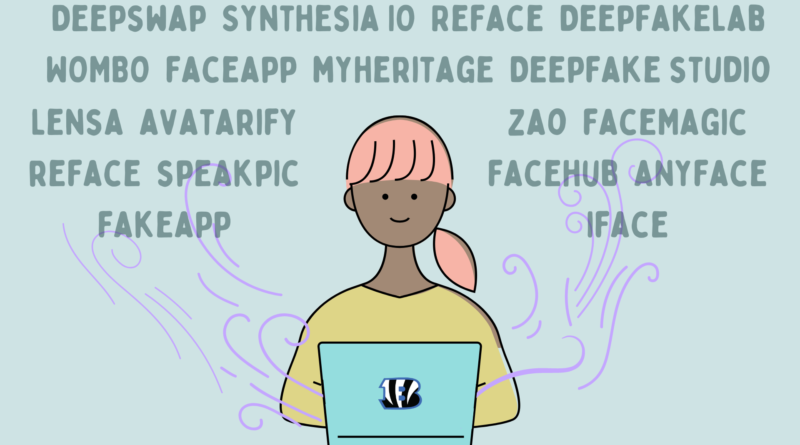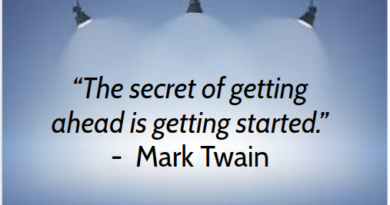Dishing the Deepfake Dirt
Taylor Swift. Scarlett Johansson. Will Smith. Joe Biden.
These are the names of a few famous people who have been the victims of deepfakes. But what are deepfakes, and why do they matter?
Deepfakes are artificial images or videos generated by a type of machine learning called “deep” learning, which gives the phenomenon its name. According to a poll posted on The Blake Beat‘s Instagram account, 69% of Blake students know what deepfakes are.
Deepfakes are created using two algorithms – one that produces fake replicas of real images or videos, and another that is trained to detect whether the image is fake or not. The two algorithms pass the images or videos back and forth until it’s undetectable whether or not said media is real.
“It’s hard to even determine whether something’s a deepfake [or not],” notes senior Jarra Secka.
Though deepfakes can be a tool used to make fun images and videos, they can also be used in more negative ways.
“The first term that comes to mind [to describe deepfakes] is ‘necessary evil,’ but I think [they are] more like unnecessary [evils],” adds sophomore Mia Rickman.
Deepfakes are often used to spread misinformation and disinformation. People have made deepfake-generated videos of politicians and presidential candidates spreading lies, and since most people don’t know better, many take them at face value. This phenomenon is especially dangerous this year since many elections are happening around the world, and deepfakes of candidates could influence peoples’ votes.
Deepfakes have also been used to make fake pornographic images of celebrities. Though it is obvious why this trend is dangerous, it also contributes to the sexualization of female celebrities, which is terrible.
State legislators have been trying to pass laws against deepfakes for years, with varying degrees of success. The question of whether national legislation against deepfakes would be effective or not has yet to be answered, though.
“I think it would help a lot, actually. I think it would [help] … the original creator(s) … actually get what they deserve,” states junior Stefon Shorts.
Regardless of whether or not deepfakes are banned on a national level, it is important to figure out how to deal with them. If you see an image or video of a politician or celebrity that seems suspicious, don’t take it at face value. Check reputable sources to make sure that it is real, and if you can’t confirm it, ignore it.




